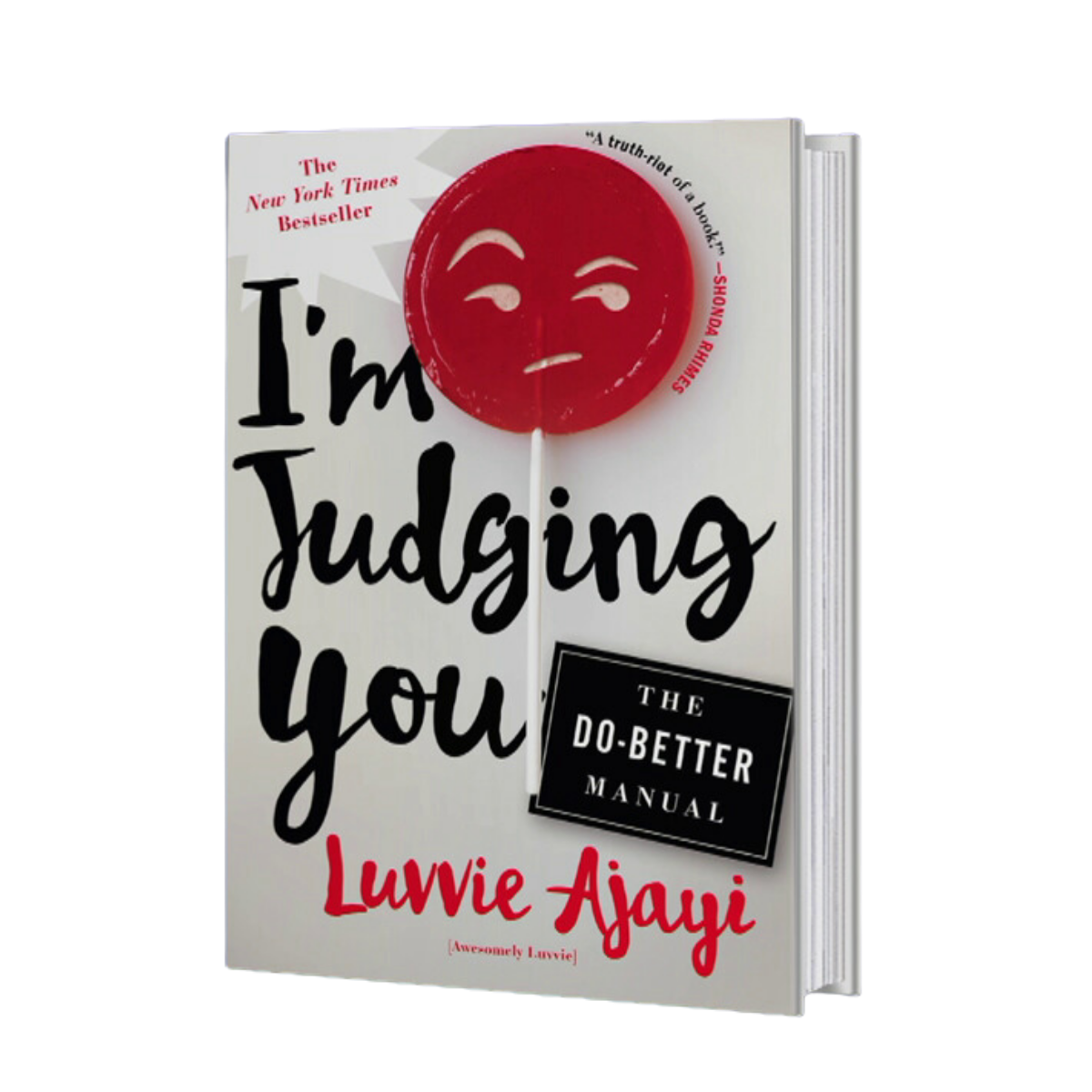
jungftak (n.), A Persian bird, the male of which had only one wing, on the right side, and the female only one wing, on the left side; instead of the missing wings, the male had a hook of bone, and the female an eyelet of bone, and it was by uniting hook and eye that they were enable[d] to fly, -each, when alone, had to remain on the ground.
– Webster’s Twentieth Century Dictionary of the English Language (1943)
It is an enchanting concept, that two creatures are exponentially more powerful and skilled together than they ever might be alone. However, the above entry from a world-renowned and universally accepted reference book is fake. Along with other entries like “zzxjoanw,” “apopudobalia,” and “stone louse;” “jungftak” is a ghost word, or fabricated entry used by dictionaries, encyclopedias, and other reference books as copyright traps. You see, if Webster’s Twentieth Century Dictionary of the English Language dreamed up a jungftak, it would be highly suspicious if it ended up in, say, The New Oxford American Dictionary.
This practice of hiding ghost words raises the question about truth. We go through life telling ourselves stories to help us understand each other and the world. Our stories are based on what we know – our life experiences, what we learned from our parents and families, and what we consider good or bad. We make them up so easily and quickly, and they become so hard-coded in our minds that we don’t even pause to consider where they came from. Our stories become our truths. The danger here, of course, is that they are not truth. Like ghost words, our stories are unique to us as individuals and are enchanting in the sense that they represent who we are as people. When we accept our stories as fact, we build a rickety foundation of our “ghost words” that interferes with our ability to truly evaluate the situation or challenge. We rely only on our ghost words as evidence when it may well be that other (better) choices or solutions were available, but we didn’t seek the truth.
The key point here is not that we should shed our histories, but to recognize our stories for what they are to prevent improper use. Strong leaders will have to make gut decisions to keep moving forward, which is why regular work on self-awareness is critical. Discovering the difference between your story and the truth through journaling, reflection, and working with a coach distinguishes strong and effective leaders from toxic ones. Absent these efforts, one might be accused of esquivalience.
This week’s inquiry…
What is your “ghost word"?
Dive Deeper…
Often, what keeps us from seeking to explore our stories more deeply and growing greater self-awareness is the comfort zone. We trust our stories – they have been with us for a long time, and have kept us safe, but they can also hold us back from reaching our highest potential.
“Fear has a very concrete power of keeping us from doing and saying the things that are our purpose.”
After gaining over 500,000 readers of her fabulously popular blog AwesomelyLuvvie.com, Luvvie Ajayi Jones releases her debut book of humorous essays in which she dissects our cultural obsessions and calls out bad behavior in our increasingly digital, connected lives. She urges us to find the courage to step out of our comfort zones to drive change.


